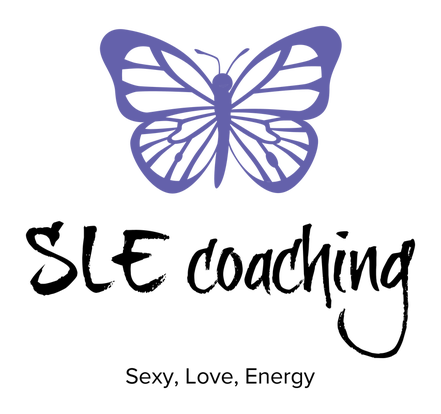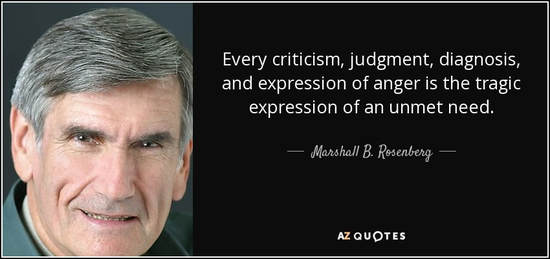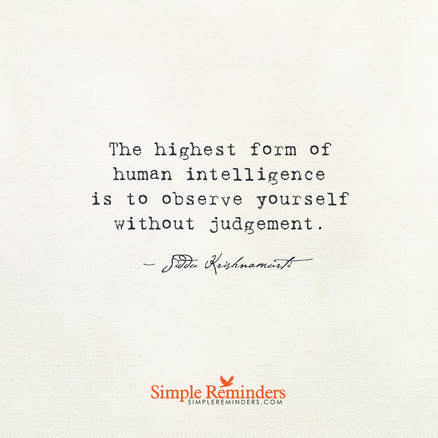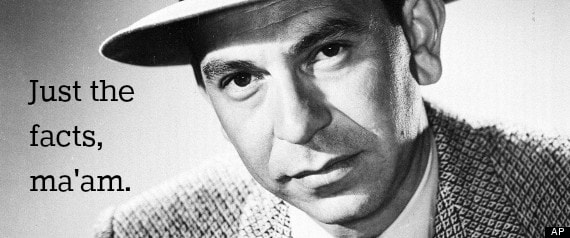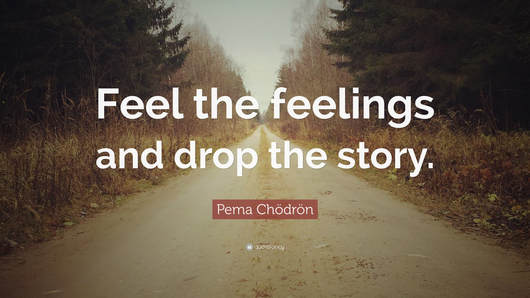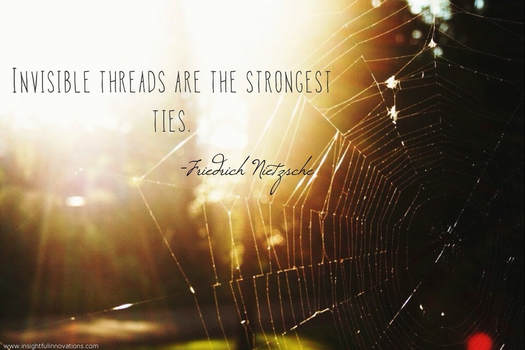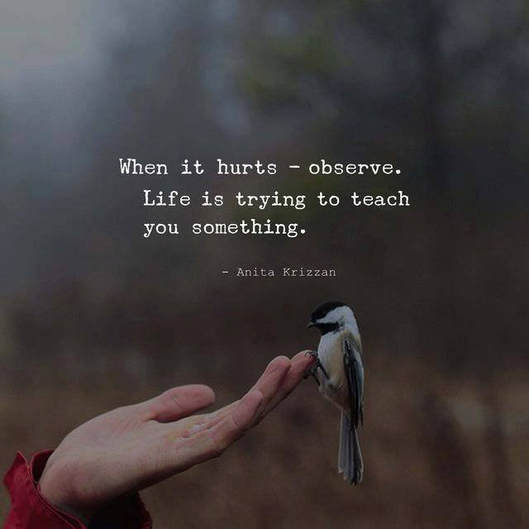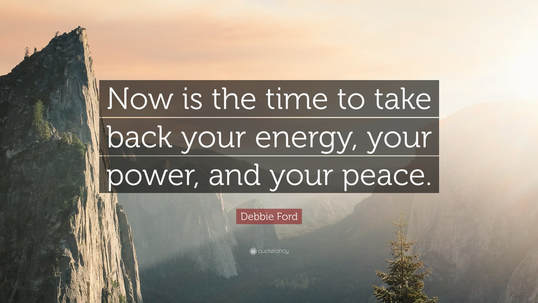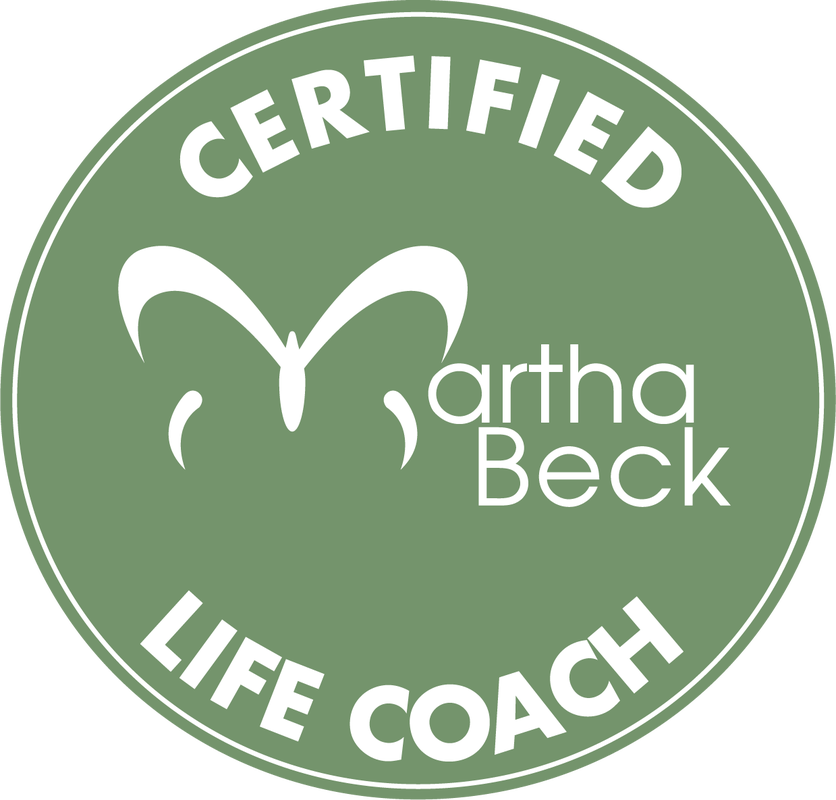|
If you read the title of this chat and thought it sounded silly, you might want to hang just a second. Every relationship is a dance. We are dancing around energetically and someone’s energy is typically in the lead in the relationship. I was recently reminded of this in re-visiting a couple of Harriett Lerner books as I wanted to release some of my own resistance and blame I was feeling toward the behaviors of a few other people in my life. Unless you are an enlightened master, you probably think other people “should” be different somehow and if they would just change – then you could be happier. It shows up as blame, criticism, judgement, gossip... you get the idea. “The more we get focused on the other person’s behavior, rather than our own, the more stuck we become.” When we are spending a bunch of energy ruminating on how the other person needs to be more available, or kinder, or more honest, or appreciative, or different in some way - conveniently, we have no time left to examine our own role in things. When we vilify them, we have just put our self in the role of VICTIM. Additionally, reacting to others is not exactly an empowered place to hang out, if you get my drift. Over time, this focus on the supposed wrong-doing or what we deem wrong-mindedness of others leads pretty quickly to being reactive rather than responsive. There is a huge difference between reacting and responding. We can get so over-focused on the actions or words of the other person that we go into constant reacting based on these evaluations of others we make. The antidote to evaluating is to simply observe – without judgement. It’s simple, but far from easy. So perhaps you have a family member who said something and you got triggered at the family dinner. You have a choice to make in that moment… imbalanced reaction? Or! Balanced response.
To be in a state that allows you to stay clear with yourself in situations that may traditionally trigger your emotions to fly into reaction instead of responding, the best thing to learn is the difference between evaluating and observing. While this sounds ridiculously simple, it is amazing how quick we are to jump to evaluation. Let’s go back to my example above of a family member says something that triggers you at the family dinner. Check out these statements and see if you can distinguish between those that are evaluation and those that are observation…
#1 – First of all, no one makes you mad, that’s a choice you make in your reaction. To make this statement an observation it would be more like “I noticed that I felt angry when I spoke to Aunt Betty.” #2 – The label "aggressive" is an evaluation – not an observation. An observation without evaluation on this would be: “Betty hit Bob in the face.” #3 – “Complains” is an evaluation. To some other people Aunt Betty’s communication may not seem at all like complaining, so this is an evaluation statement. #4 & #5 are both observations. No evaluation or judgement calls made, just the facts. You can see that to truly observe is pretty darn tough! It’s staying completely in your own lane and observing so you can identify and express your OWN feelings. Creating a story or an evaluation of what others think, how they feel, how they will respond, and what all that means is a STORY that prevents us from actually examining what it is WE ourselves feel. Just 2% shifts can lead to a huge change in our emotional state. If we try to observe just 2% more or evaluate just 2% less – I guarantee you will feel lighter and more empowered. If we find ourselves getting sucked into a pattern in a relationship (and we ALL do sometimes) of thinking the other person needs to change in some way, it signals that we are evaluating rather than observing. Just notice when you’re doing it, without going into any self ass kicking. It’s information, not something to shame yourself about. What is a hard one for me to learn is that is really about noticing when I've slipped into an emotional place I don't want to be, and then just spending less time there. Recover FASTER. It's not about NEVER doing it again. You WILL slip, you WILL find yourself in old patterns emotionally. Just notice when it happens and choose again rather than believing some unrealistic notion that you will never ever slip. It's called being human. As Marianne Williamson says… “The ego says – once everything falls into place, I’ll feel peace. The Spirit says – Find your peace, and everything will fall into place.” Focusing on what someone else needs to do or how they need to be different is how we avoid feeling our own feelings and this just slows things down on our path. The other thing that slows things way down is taking responsibility for how other people feel. We can never really know how someone else feels, and we make a ton of assumptions/evaluations in this way. Trying to manage another person's experience of us or anything it energy wasted. Replace guessing how someone else feels with questioning how you YOURSELF feel. Use that energy to name your OWN emotion, rather than taking responsibility for what you are evaluating the other person to be feeling. My therapist Joy reminds me that sometimes we end up on the same emotional level as someone else through energetic cords and it’s not where we want to be. We can end up reacting to the other person's emotional state if we don't stay awake. If there are two people, one is happy and in a high emotional state and the other is depressed or low – someone is going to move up or someone is going to move down in how they feel, it just depends on who is the most committed to their own emotional state. Other people don’t need to change in order for us to be happy. We know this intellectually, yet if you’re honest you will catch yourself evaluating more than observing. Letting go of how we think others “should” be is super empowering and it opens up possibilities because it gets our eyes back on our own paper – the only place we have any control. I’ll close out with a quote Joy reminded me of this week by Carl Jung. “Your vision will become clear only when you look into your heart. Who looks outside, dreams. Who looks inside, awakens.” When we look outside to others or conditions as the reason for our hurt or anger or even for our happiness – we will suffer because it gives our power away. Take your power back my friend. Decide how you want to feel and let everyone else off the hook. XOXOXOXOXO Sandy Some books referenced in this Chat: The Dance Of Anger by Harriet Lerner, Ph.D., Non-violent Communication by Marshall B. Rosenberg Ph.D. Balance Your Conflict by Dr. Jody Janati
0 Comments
Leave a Reply. |
Sandy Edie HansenI use this space to "Chat" about things I am working through and learning in my life currently. Join me! Archives
September 2022
Categories |
Proudly powered by Weebly
